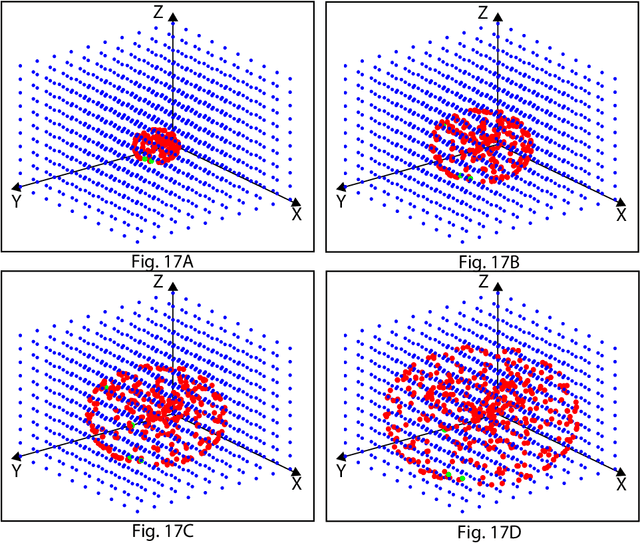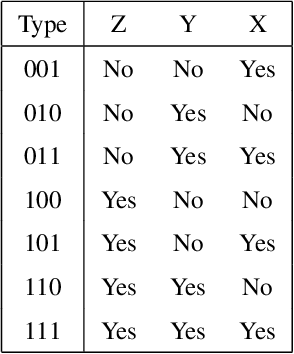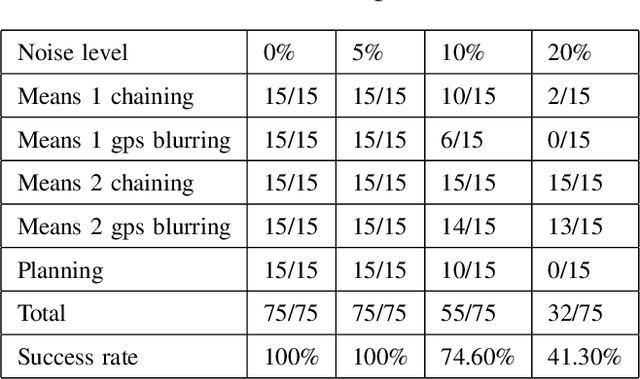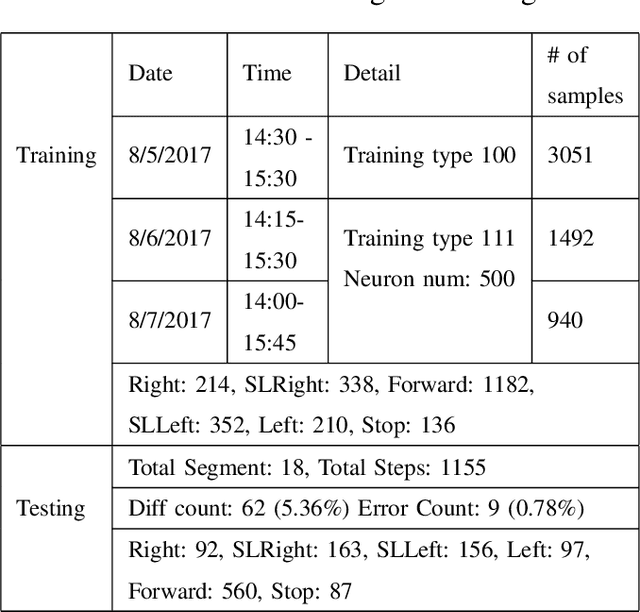Developmental Network Two, Its Optimality, and Emergent Turing Machines
Paper and Code
Aug 04, 2022



Strong AI requires the learning engine to be task non-specific and to automatically construct a dynamic hierarchy of internal features. By hierarchy, we mean, e.g., short road edges and short bush edges amount to intermediate features of landmarks; but intermediate features from tree shadows are distractors that must be disregarded by the high-level landmark concept. By dynamic, we mean the automatic selection of features while disregarding distractors is not static, but instead based on dynamic statistics (e.g. because of the instability of shadows in the context of landmark). By internal features, we mean that they are not only sensory, but also motor, so that context from motor (state) integrates with sensory inputs to become a context-based logic machine. We present why strong AI is necessary for any practical AI systems that work reliably in the real world. We then present a new generation of Developmental Networks 2 (DN-2). With many new novelties beyond DN-1, the most important novelty of DN-2 is that the inhibition area of each internal neuron is neuron-specific and dynamic. This enables DN-2 to automatically construct an internal hierarchy that is fluid, whose number of areas is not static as in DN-1. To optimally use the limited resource available, we establish that DN-2 is optimal in terms of maximum likelihood, under the condition of limited learning experience and limited resources. We also present how DN-2 can learn an emergent Universal Turing Machine (UTM). Together with the optimality, we present the optimal UTM. Experiments for real-world vision-based navigation, maze planning, and audition used DN-2. They successfully showed that DN-2 is for general purposes using natural and synthetic inputs. Their automatically constructed internal representation focuses on important features while being invariant to distractors and other irrelevant context-concepts.
 Add to Chrome
Add to Chrome Add to Firefox
Add to Firefox Add to Edge
Add to Edge